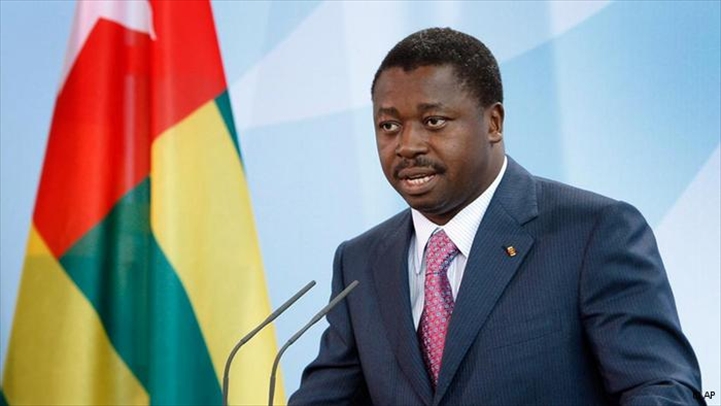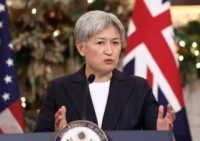Togo’s Minister of Foreign Affairs, Robert Dussey, has once again spotlighted the prospect of his country joining the Alliance of Sahel States (AES), framing it as a “strategic decision” with the potential to reshape West Africa’s regional dynamics. In a recent social media post, Dussey highlighted that Togo’s inclusion could enhance cooperation and provide AES member states—currently Mali, Burkina Faso, and Niger—access to the sea, a critical advantage for these landlocked nations. This move, he suggested, could herald a new chapter of development and opportunity for the region.
The AES, established in 2023 by Mali, Burkina Faso, and Niger, emerged as a response to escalating challenges like terrorism, economic instability, and political upheaval. Unlike traditional bodies such as the Economic Community of West African States (ECOWAS), which has faced criticism for its perceived inefficacy and vulnerability to external pressures, the AES positions itself as a robust alternative. It prioritizes deeper integration, focusing on security, economic growth, and political stability, free from Western interference—a vision that resonates with Togo’s aspirations.
Dussey first floated the idea of Togo joining the AES in January 2025, and his latest remarks underscore the government’s growing seriousness about this shift. By aligning with the AES, Togo could leverage its strategic coastal position, particularly the port of Lomé, to bolster trade and connectivity for the alliance’s landlocked members. This isn’t just a logistical play—it’s a signal to other West African nations grappling with similar issues that a new model of regional collaboration is taking shape.
West Africa faces mounting threats, from jihadist insurgencies spilling over from the Sahel to climate change and economic volatility. The AES offers a platform for collective action, allowing member states to pool resources, share expertise, and forge economic ties that promise more sustainable progress. Togo’s interest aligns with a broader regional trend of seeking sovereignty and self-reliance, as countries increasingly reject external influence in favor of homegrown solutions.
Togo is already deepening ties with AES nations, particularly in security cooperation to counter jihadist threats—a priority echoed by neighbors like Senegal and Ghana, who are also ramping up efforts to curb extremism’s spread. Dussey’s advocacy reflects a belief that joining the AES could solidify Togo’s role in a united front, enhancing joint efforts against these shared challenges. The alliance’s plans for a 5,000-strong regional force further underline its commitment to tackling insecurity head-on.
This potential move comes at a time when West Africa is redefining its cooperative frameworks. The AES, formed after its founding members exited ECOWAS in January 2025, represents a break from decades of reliance on traditional blocs. For Togo, membership could mean not just economic gains through trade facilitation but also a stronger voice in a region striving for autonomy. As Dussey envisions it, this step could lay the groundwork for lasting stability and development, positioning Togo as a pivotal player in a transformed West African landscape.












Interesting move by Togo! Do you think joining the Sahel alliance will really improve stability in the region? Lets discuss!
I think Togo joining the Alliance of Sahel States could bring fresh perspectives and energy to the table. Exciting times ahead!
Joining the Sahel States alliance? Why not! Togo could bring a unique perspective and strengthen regional cooperation. Exciting times ahead!
I think Togo joining the Sahel States alliance could be a game-changer for regional cooperation. What do you all think?
Im not convinced Togo joining the Sahel alliance will bring stability. Their track record doesnt scream peacemaker to me.
Im not sure if Togo joining the Sahel States alliance will really improve stability. What do you guys think?